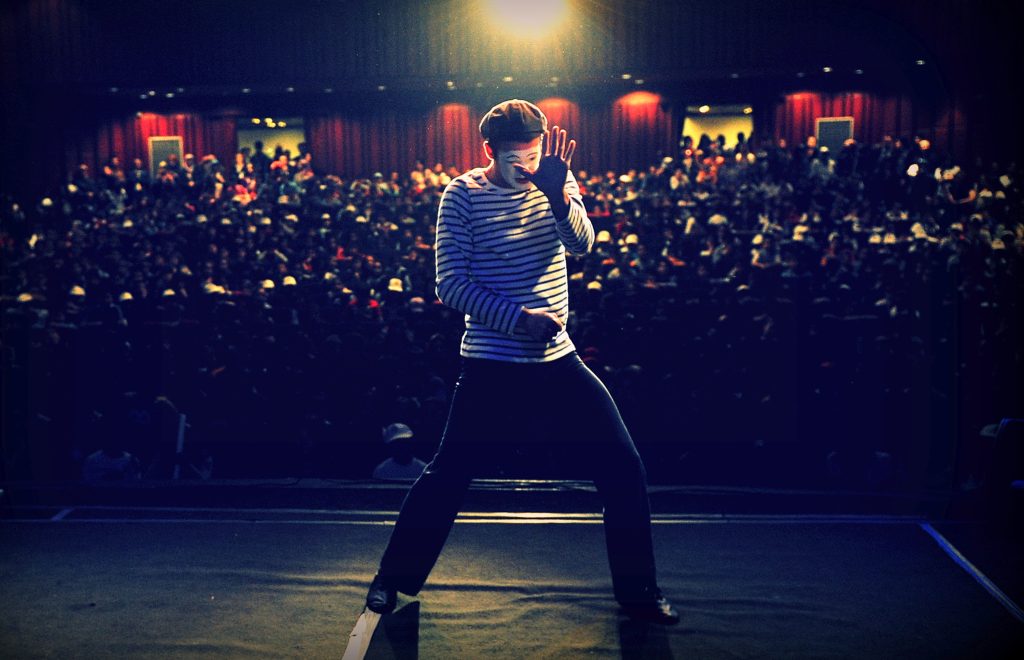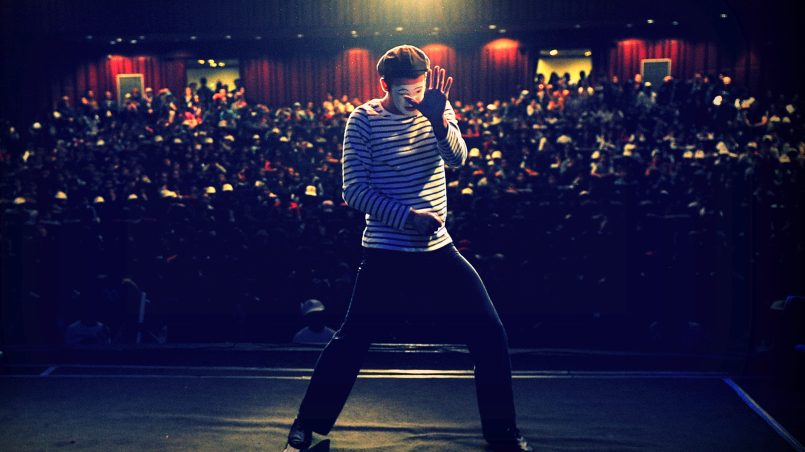Today we will going to tell you about how to avoid overacting. Serious actors don’t overact. Yet, it can be difficult to distinguish between giving your best effort and overacting. If you want your next performance to be nuanced without veering into nonsense, keep reading to learn how to prevent overacting.
Overacting is acting that is overly dramatic. It is typically seen as a bad quality. Naturally, this presumes that you are internally awash in thoughts, feelings, intentions, and images that are all intricately entwined with the history, requirements, challenges, connections, conditions, and circumstances of your character. However, for every excellent performance, there are many others in which even the most talented actors overact in various ways. These overacting behaviours include excessive “eyeballing,” posturing, moving around, and using odd facial, physical, and vocal gestures.
How to avoid overacting
In order to indicate that a character’s line has been interrupted, scripts frequently use dashes or ellipses at the end of a conversation. When actors arrive, they often pause and wait for their scene partner to speak. However, real people try to finish their thoughts before being stopped, not the other way around.
According to him, people often have complete thoughts to share but are drowned out by others’ impulsive responses. As a result, I advise my pupils to imagine the character’s entire thinking and finish vocalizing it until another character overlaps or interrupts them. Due to this, the interjecting actor must end the first actor’s speech. The person being interrupted shouldn’t give room. If they do, the entire exchange appears and feels manufactured.

If the script calls for you to leave but is interrupted by another character, the same method can still work. Too frequently, I see performers halt themselves mid-exit for no obvious reason other than the other actor failing to recognise the cue in time. You may simply leave the stage if something happens during a rehearsal.
The same thing happens when an actor adopts a character’s accent, even though it isn’t necessary for the scene to function. The performer in those scenes seems distractingly synthetic. Unnecessary accents, like funny walks, are an actor’s method of feeling creative in a minor role; they are more for the actor’s benefit than that of the playwright or the character. In the early 20th century, my voice acquired a terrible Southern accent. Despite the fact that the character was a Southerner from the early 20th century, I doubt any accent could have surpassed my embarrassing one.


